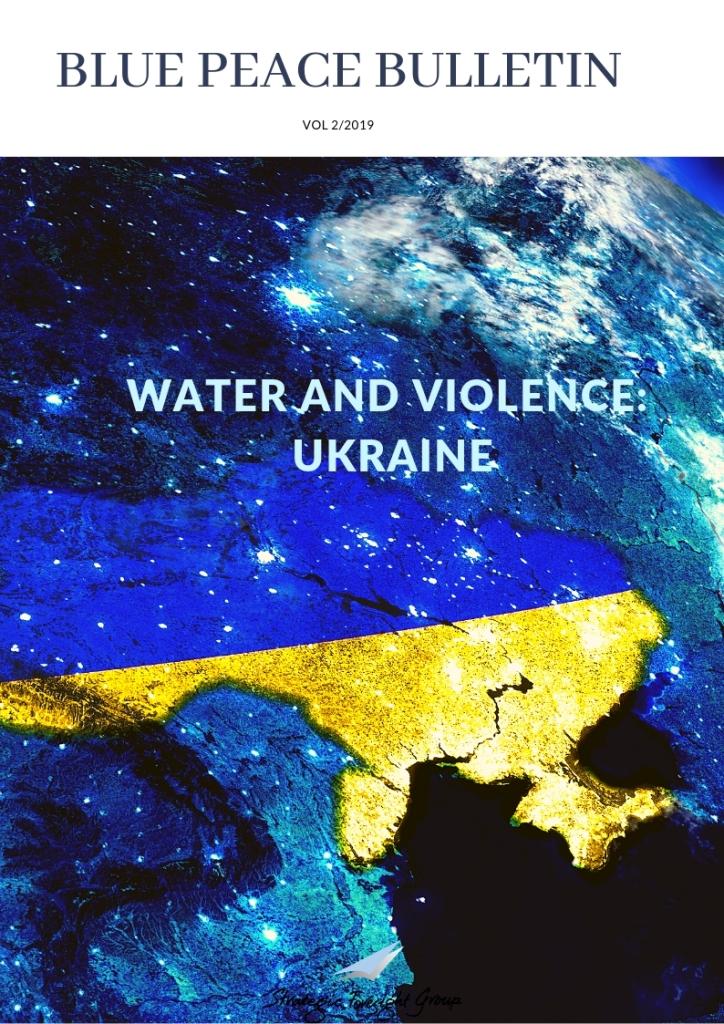Enter the Dragon
|
|
October, 2010
By Rohit Honawar
|
Discussion on India�€™s geo-political future and regional security are more often than not centred on Pakistan - understandably so, given the trust deficit that underlies a sixty-three year relationship defined by three wars; nuclear rivalry; unsettled border disputes and; diplomatic gamesmanship. Such is the focus on Indo-Pak issues on both sides of the border, that matters beyond the realm of the �€˜traditional�€™ security sphere receive little attention beyond the four walls of the political strategists in New Delhi. Media focus on India�€™s neighbour to the east, China, primarily revolves around border disputes over Arunachal Pradesh or our rapidly growing and increasingly competitive economies. Amidst the furore and belief that the next century �€˜belongs�€™ to Asia, and that New Delhi and Beijing will lead the global economies, little attention is being paid to Beijing�€™s growing political assertiveness �€“ particularly in India�€™s backyard.
That Pakistan and China share a close relationship is no secret. The bonhomie that defines Beijing�€™s bi-lateral co-existence with Islamabad extends to every facet of the two countries political, socio-economic and military spheres, garnering Beijing unprecedented goodwill amongst the wielders of power in Pakistan. Arguably, China�€™s assistance to Pakistan comes as a response to the growing wariness of a common neighbour, India, and Beijing�€™s desire to counter growing Indo-US relations in South Asia. The decision to construct two civilian nuclear reactors in Pakistan following shortly after India�€™s nuclear cooperation agreement with Washington -signalled to the international community that Beijing was unafraid and ready to challenge global apprehensions of Islamabad�€™s less-than-exemplary nuclear proliferation record. More recently, Beijing�€™s unconditional aid to flood-hit Pakistan reached $250 million, making it China�€™s largest ever humanitarian aid to a foreign country. Such contributions however, have by no means been altruistic, with China gaining entry into Pakistan�€™s mineral rich Balochistan, while stoking tensions in Kashmir.
Over the years Sino-Pak relations have grown stronger, earning China the status of Pakistan�€™s �€˜all weather friend�€™ amidst a global community where Islamabad finds itself increasingly isolated. Despite trade with India surpassing $60 billion this year, Beijing�€™s new-found commitment to Islamabad has ensured that it has not missed an opportunity to antagonise New Delhi on the sensitive and prickly issue of Kashmir. Rhetoric emanating from the corridors of power in Beijing clearly refers to Pakistan occupied Kashmir (PoK) as the northern parts of Kashmir, while Jammu & Kashmir has earned the controversial label of �€˜Indian controlled Kashmir�€™. In addition, China has openly stated that it regards Kashmir as a separate entity and not an integral part of India �€“ clearly defying New Delhi�€™s stance on the matter. Furthermore, in an attempt to up the ante, Beijing recently refused to issue a visa to the GoC Northern Areas, General VK Singh, whilst continuing with its practice of issuing visas to Kashmiris on separate sheets of paper and not directly on their Indian passports.
There is no doubt that Beijing comprehends the possible ramifications of its persistent goading of India�€™s stand on the Kashmir issue. Yet, Beijing has not hesitated to re-affirm its support to Pakistan with regards to the dispute. Recent reports suggest that China has deployed 11,000 soldiers in the Gilgit-Baltistan area of Pakistan �€“ a claim denied by officials in Beijing and Islamabad. In addition, China is believed to be involved in the development of infrastructure projects in PoK, including that of dams and roads in the largely under-developed region. The heavily militarised nature of Gilgit-Baltistan and PoK makes it difficult for outside observers to ascertain the credibility behind such reports, although an analysis of the situation makes it highly plausible that Beijing is looking to make Pakistan a frontline state in its endeavour to expand its economic and military influence.
China�€™s presence in PoK is by all accounts a mutually beneficial arrangement. For Pakistan, Beijing�€™s entry into the region lends a sense of legitimacy to its stand on the Kashmir issue. Beijing�€™s growing economic interests will inadvertently make it a stakeholder in the outcome of the dispute, much to the displeasure of New Delhi. Moreover, the backing of a permanent member of the UNSC on the Kashmir issue, will allow Pakistan to internationalise the Kashmir dispute �€“ an aspect which Islamabad has been striving to achieve since independence. The deployment of troops, while arguably intended for the development of the �€˜Karakoram Corridor�€™ is likely to further complicate India�€™s stand on the matter. While the intended purpose is to link China�€™s Xinjiang province economically to Kashmir and onto Balochistan, Afghanistan and the Middle East, the large number of troops will undeniably send New Delhi and Washington a clear message that China is looking to expand its sphere of influence.
China has ensured that its expansion into India�€™s backyard has come at a careful pace so as to not attract untoward global attention. Yet over the years Beijing�€™s strategic plan has assured it a firm place in South Asian politics �€“ be it with regards to Kashmir or Balochistan. As Sino-Pak relations look to expand, it is likely that Beijing will position itself within an economically and strategically fortified role, allowing it to counter India�€™s stake as a growing regional power.
Related Publications
Related latest News
Related Conferences Reports
-

P5 Experts Roundtable on Nuclear Risk Reduction
Download:Geneva Roundtable Report
-

Roundtable on Global Security and Catastrophic Risks
Download:Report on RT revise





